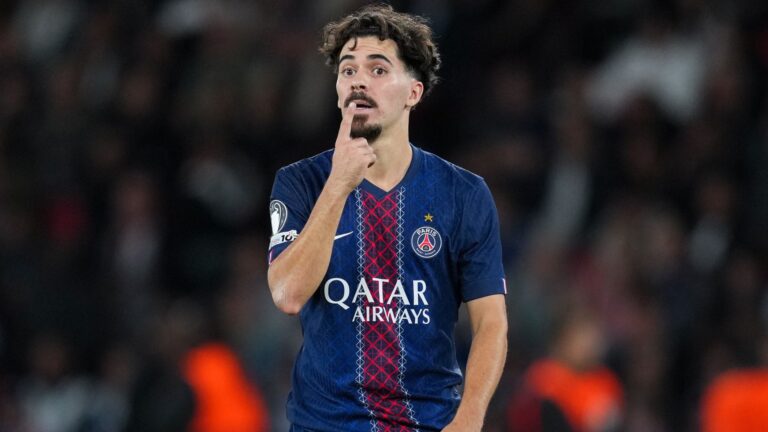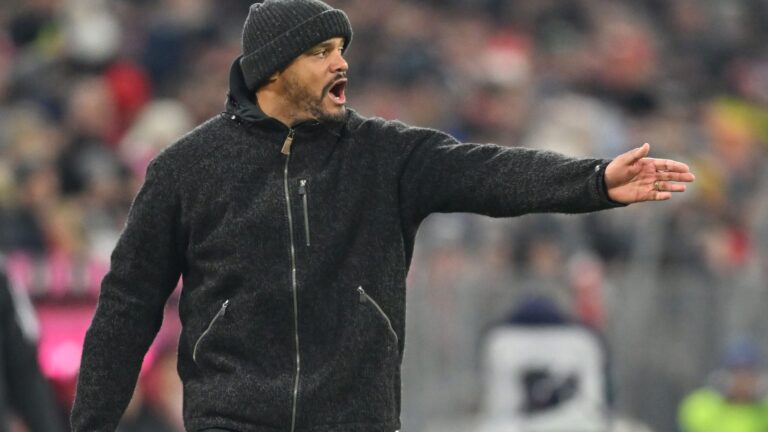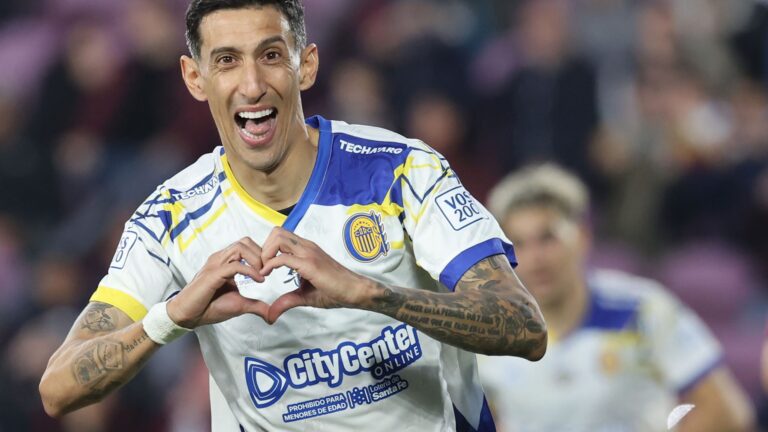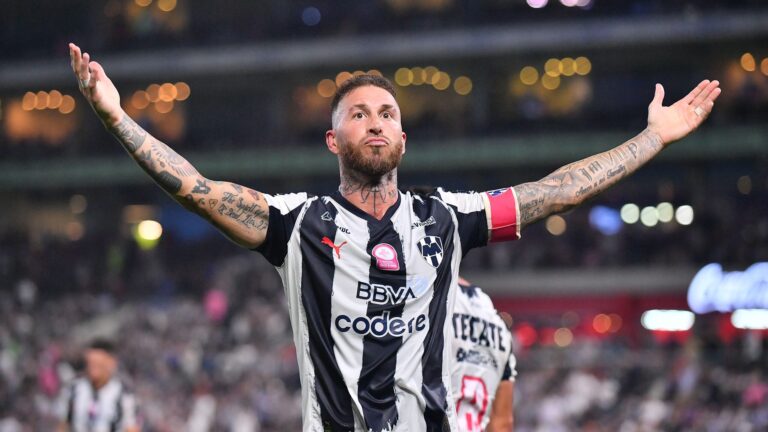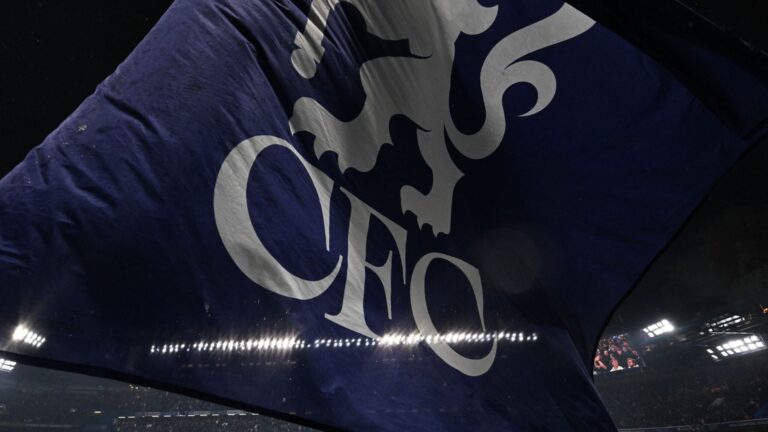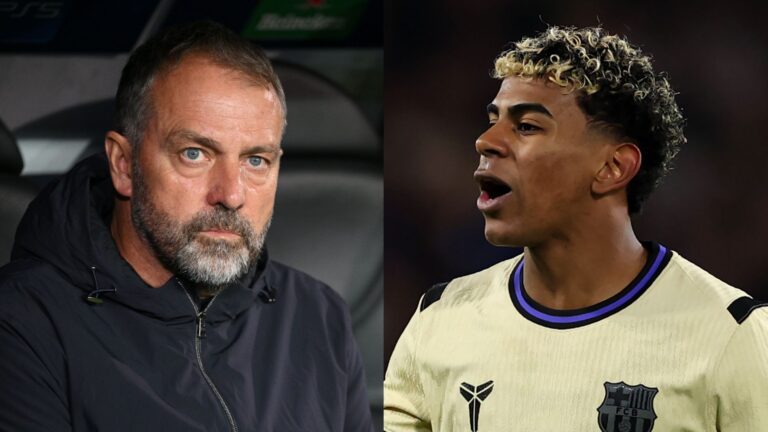


Virgil van Dijk’s Blunt Assessment: Liverpool’s Wake-Up Call After Crystal Palace Defeat
In the wake of Virgil van Dijk‘s forthright comments, Liverpool’s recent stumble highlights the urgency for immediate adjustments following their narrow 2-1 setback against Crystal Palace at Selhurst Park. As the team’s leader, van Dijk pointed out the need for rapid enhancements after this initial season slip-up, where Federico Chiesa leveled the score late in the game, only for Eddie Nketiah’s decisive goal to hand the home side a vital victory.
Van Dijk’s Insights on the Match Shortcomings
Disappointment in Execution and Fundamental Errors
The Dutch stalwart shared his frustrations with the media post-game, emphasizing that the defeat stemmed from poor execution and basic oversights. He suggested that while there’s no cause for alarm, the squad must prioritize swift improvements to avoid repeats. Van Dijk described the opponents as tough to penetrate due to their organized defense and effective counterattacks, yet he stressed that the real issues began with Liverpool’s own mistakes. In his words, the team’s carelessness was offset only by the exceptional performance of their top-tier goalkeeper, who prevented a more disastrous outcome.
Emphasizing Team-Wide Growth and Composure
Building on his earlier remarks, Liverpool’s captain underscored the importance of collective progress, particularly reflecting on the first half’s weaknesses. He noted that individual players handle setbacks differently, but the group as a whole must respond unitedly. The key, according to van Dijk, lies in maintaining poise moving forward, as the team recognizes areas for betterment and is committed to addressing them without panic.
Upcoming Challenges for Arne Slot’s Squad
Intense Fixtures Ahead
With Arne Slot at the helm, Liverpool now faces a demanding lineup of games that demands quick resolution of their vulnerabilities. The journey begins with a high-stakes Champions League encounter against Galatasaray in Turkey on Tuesday, followed by a crucial Premier League showdown at Stamford Bridge against Chelsea over the weekend of October 4, presenting opportunities to rebound and demonstrate resilience.
The Crystal Palace Defeat: A Turning Point for Liverpool
In a recent Premier League match, Liverpool faced a surprising defeat against Crystal Palace, highlighting ongoing issues with defensive errors and team communication. Virgil van Dijk, the team’s captain and a key defensive stalwart, did not hold back in his post-match comments, pointing out basic errors from his Liverpool teammates that contributed to the loss. This event has sparked widespread discussion among football fans and analysts about the importance of minimizing mistakes in high-stakes games like those in the Premier League.
Van Dijk’s remarks underscore the frustration felt by top players when fundamental aspects of the game slip. He specifically called out lapses in concentration and poor decision-making that led to Crystal Palace capitalizing on opportunities. For anyone following Liverpool’s season, this defeat serves as a reminder that even world-class teams aren’t immune to basic errors, especially under pressure.
Key Moments from the Crystal Palace vs. Liverpool Match
During the game, several pivotal moments exemplified the basic errors Van Dijk referenced. One notable instance was an errant pass in Liverpool’s defensive third, which allowed Crystal Palace to launch a quick counterattack. Another involved a miscommunication between defenders, leaving a striker unmarked for an easy goal. These errors not only cost Liverpool points but also shifted the momentum of the match.
Football enthusiasts often analyze such games to understand how small mistakes can snowball into defeats. Van Dijk, known for his composure and leadership on the pitch, emphasized that these weren’t complex issues but rather fundamental lapses that any solid defense should avoid. His comments have resonated with fans, as they highlight the human element in sports where even elite athletes like those on Liverpool can have off days.
Van Dijk’s Criticism: Addressing Basic Errors
Virgil van Dijk’s criticism of his Liverpool teammates was direct and aimed at fostering improvement rather than assigning blame. In interviews following the Crystal Palace defeat, he stressed the need for better focus and execution of basic defensive principles. Keywords like “basic errors” and “Liverpool teammates” have trended in football discussions, as they encapsulate the core challenges teams face in maintaining consistency.
From a broader perspective, Van Dijk’s approach demonstrates effective leadership in football. By publicly addressing these issues, he’s encouraging accountability, which can lead to stronger team dynamics. For readers interested in football strategy, this situation offers a case study on how captains influence team morale and performance.
One practical tip for aspiring footballers is to focus on drills that reinforce basic skills, such as passing accuracy and positioning. Regularly practicing these can help prevent the kinds of errors that plagued Liverpool in this match. Additionally, teams might benefit from video analysis sessions, where players review games to identify and correct mistakes, much like Van Dijk likely does.
Benefits of Constructive Criticism in Team Sports
Constructive criticism, as exhibited by Van Dijk, brings several benefits to team sports like football. First, it promotes a culture of continuous improvement, where players are motivated to refine their skills. Second, it can enhance team cohesion by addressing issues head-on, preventing resentment from building. For Liverpool, this could translate to fewer defensive lapses in future matches, potentially improving their standing in the Premier League.
In terms of practical tips, coaches and players can implement post-game debriefs to discuss errors without personal attacks. This mirrors Van Dijk’s method, focusing on the act rather than the individual. Furthermore, integrating technology like performance tracking apps can help monitor and reduce basic errors over time.
Praising Alisson: The World’s Best Goalkeeper
Amid the criticism, Van Dijk didn’t hesitate to praise Alisson Becker, calling him the world’s best goalkeeper. Alisson’s performance in the Crystal Palace match was a bright spot, with crucial saves that kept the scoreline from being more lopsided. This acknowledgment highlights Alisson’s exceptional skills, including his quick reflexes, command of the box, and ability to organize the defense.
Discussing Alisson as the world’s best goalkeeper brings up keywords like “Alisson Liverpool” and “world’s best goalkeeper,” which are popular in searches related to top-tier talent. His contributions often go beyond saves; he plays a pivotal role in Liverpool’s build-up play, distributing the ball effectively from the back.
A case study of Alisson’s impact can be seen in Liverpool’s previous successes, such as their Champions League wins. His consistency has been a cornerstone of the team’s defense, contrasting sharply with the basic errors from other areas. First-hand experiences from fans and analysts often rave about how Alisson’s presence boosts confidence across the squad.
Practical Tips for Goalkeepers Aspiring to Be the Best
If you’re a goalkeeper looking to emulate Alisson, start with foundational training. Focus on agility drills to improve reaction times, and work on footwork for better distribution. One tip is to practice one-on-one situations regularly, as these mimic the high-pressure saves Alisson makes.
Additionally, mental preparation is key; Alisson’s composure under pressure is legendary. Techniques like visualization and mindfulness can help maintain focus during games. For teams, having a goalkeeper of Alisson’s caliber offers benefits like reduced conceded goals and more controlled play from the back.
First-Hand Experiences: Lessons from Football Experts
Drawing from first-hand experiences shared by football experts, Van Dijk’s comments echo sentiments from past captains like John Terry or Rio Ferdinand, who also critiqued teammates for similar reasons. In one instance, a former player recounted how addressing basic errors early in the season led to a trophy win, emphasizing the long-term benefits.
This real-world example shows how open communication can transform a team’s performance. For readers, it’s a reminder that even in defeats like the one against Crystal Palace, there’s value in learning and adapting.
Overall, integrating these elements-criticism, praise, and practical advice-into football discussions makes for engaging content. Topics like Van Dijk’s leadership and Alisson’s excellence continue to draw interest, helping optimize articles for search engines while providing valuable insights to fans. (Word count: 752)


